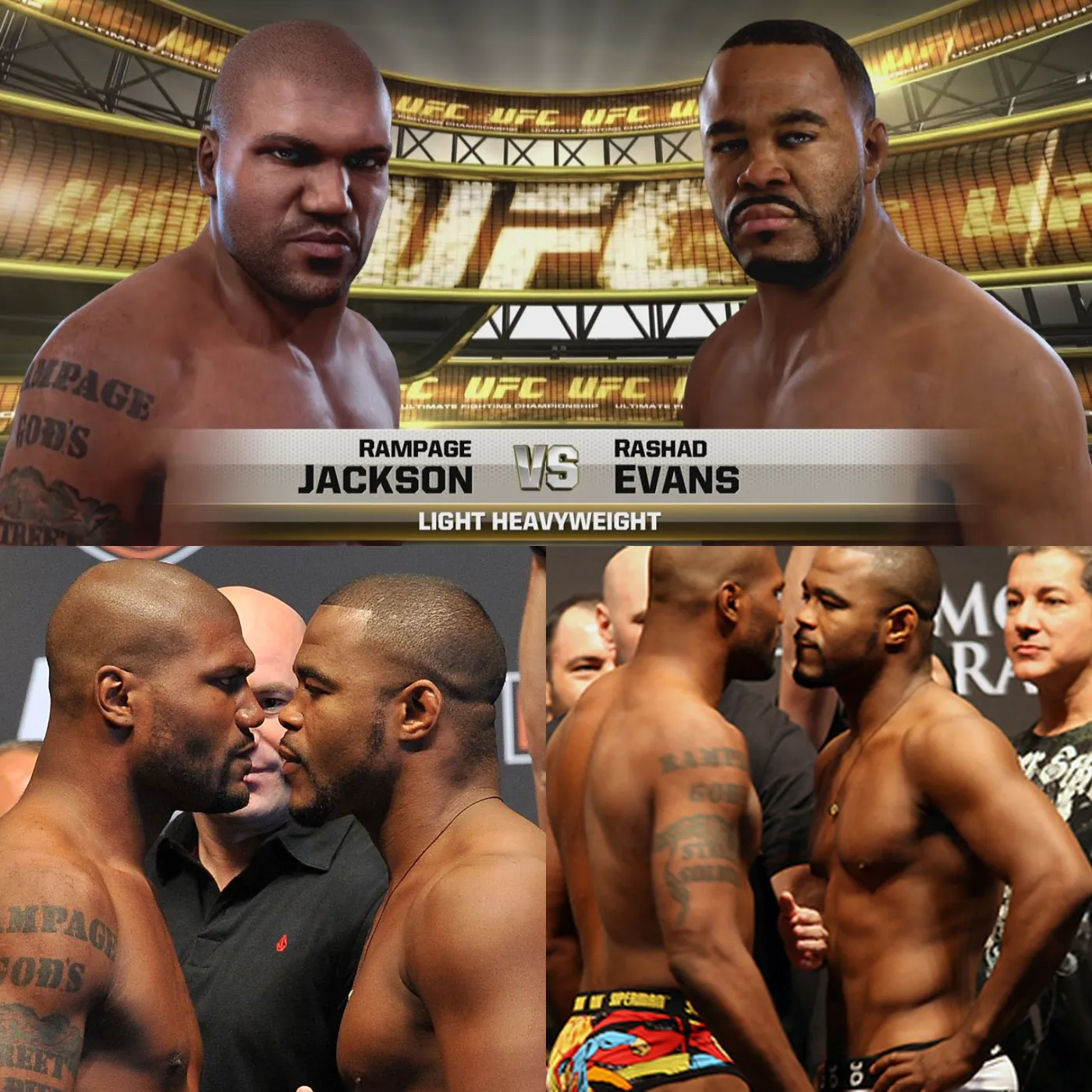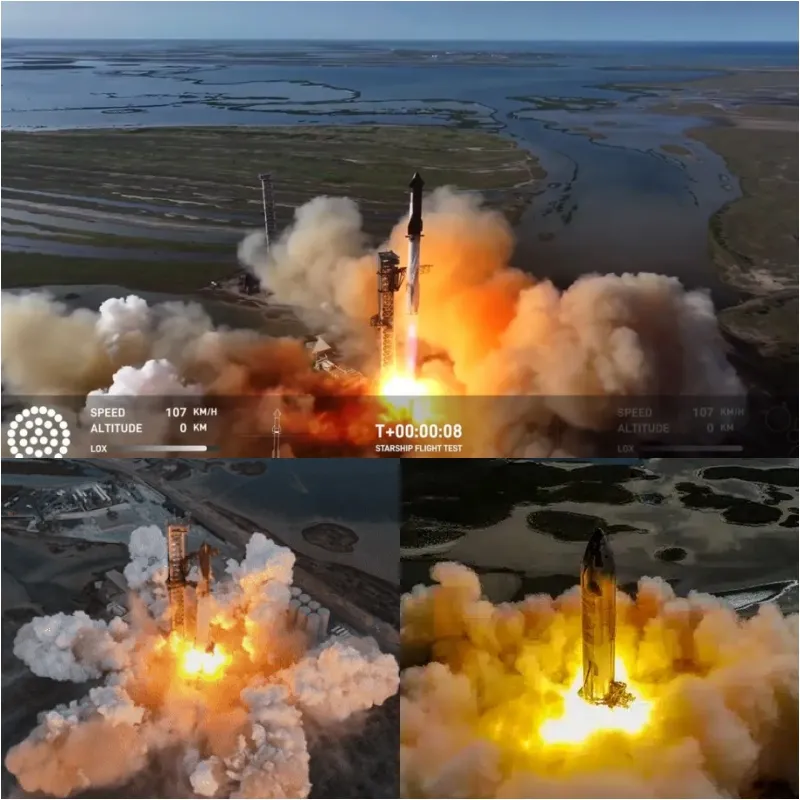The Cheney-loving Democratic party needs a reckoning about war | Stephen Wertheim
Elections have multiple causes, of course. Yet foreign policy was one of the reasons Americans gave Trump the largest Republican victory in decadesLast October, Joe Biden made the most significant address of a presidency defined by war. Sitting in the Oval Office, he asked Congress to approve $106bn in emergency aid mainly to arm Ukraine and Israel in their ongoing wars. He barely attempted to explain what the United States was seeking to achieve in either place, or how the fighting would come to an end. Instead, he claimed that American allies, and freedom itself, were under attack, and the United States had to help because of its very identity as a nation. “We are, as my friend Madeleine Albright said, ‘the indispensable nation,’” Biden intoned. Albright had served as Secretary of State in the late 1990s, at the apex of America’s global dominance.The next day I attended a meeting of “outside experts” convened by the National Security Council. The group, in fact mostly composed of seasoned national-security hands, showered praise on the administration for Biden’s soaring speech. If the attendees had made up the US Congress, they would have rubber-stamped the aid that afternoon and probably added billions more. (The actual Congress balked at the request, approving it only after five months of uncertainty.)Stephen Wertheim is a senior fellow in the American Statecraft Program at the Carnegie Endowment for International Peace and a visiting lecturer at Yale Law School and Catholic University Continue reading...

Elections have multiple causes, of course. Yet foreign policy was one of the reasons Americans gave Trump the largest Republican victory in decades
Last October, Joe Biden made the most significant address of a presidency defined by war. Sitting in the Oval Office, he asked Congress to approve $106bn in emergency aid mainly to arm Ukraine and Israel in their ongoing wars. He barely attempted to explain what the United States was seeking to achieve in either place, or how the fighting would come to an end. Instead, he claimed that American allies, and freedom itself, were under attack, and the United States had to help because of its very identity as a nation. “We are, as my friend Madeleine Albright said, ‘the indispensable nation,’” Biden intoned. Albright had served as Secretary of State in the late 1990s, at the apex of America’s global dominance.
The next day I attended a meeting of “outside experts” convened by the National Security Council. The group, in fact mostly composed of seasoned national-security hands, showered praise on the administration for Biden’s soaring speech. If the attendees had made up the US Congress, they would have rubber-stamped the aid that afternoon and probably added billions more. (The actual Congress balked at the request, approving it only after five months of uncertainty.)
Stephen Wertheim is a senior fellow in the American Statecraft Program at the Carnegie Endowment for International Peace and a visiting lecturer at Yale Law School and Catholic University Continue reading...





































